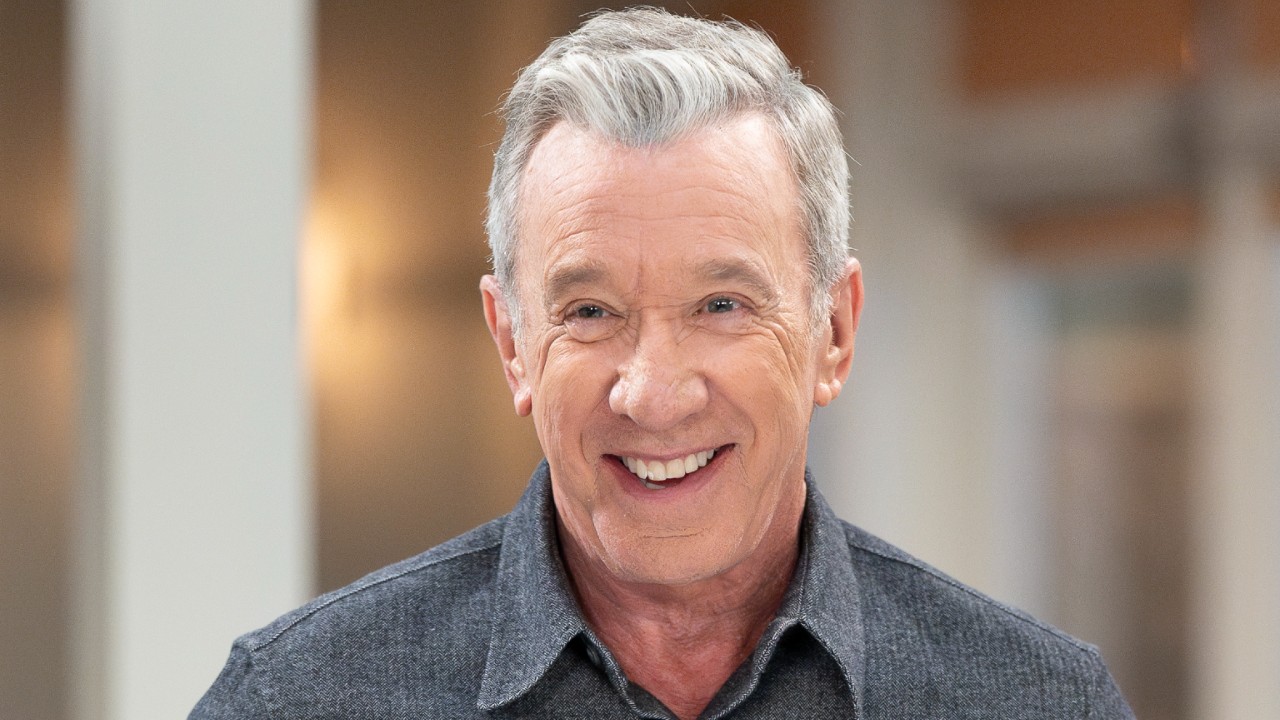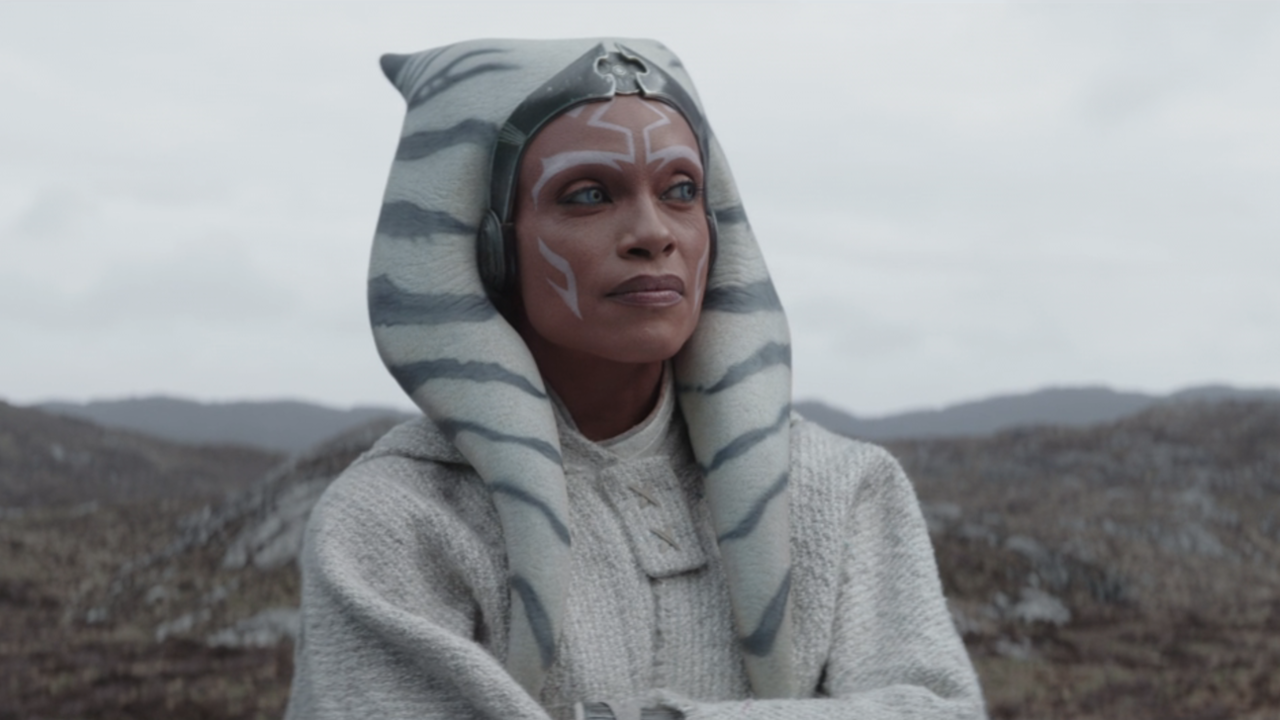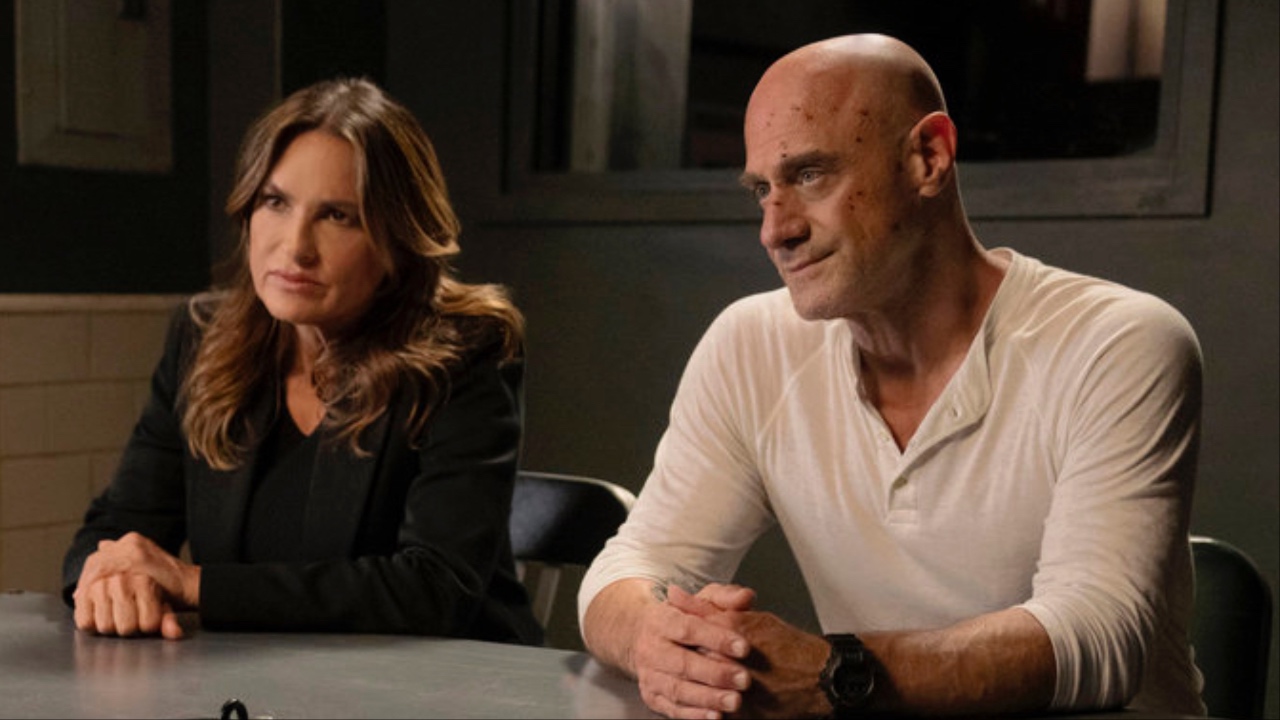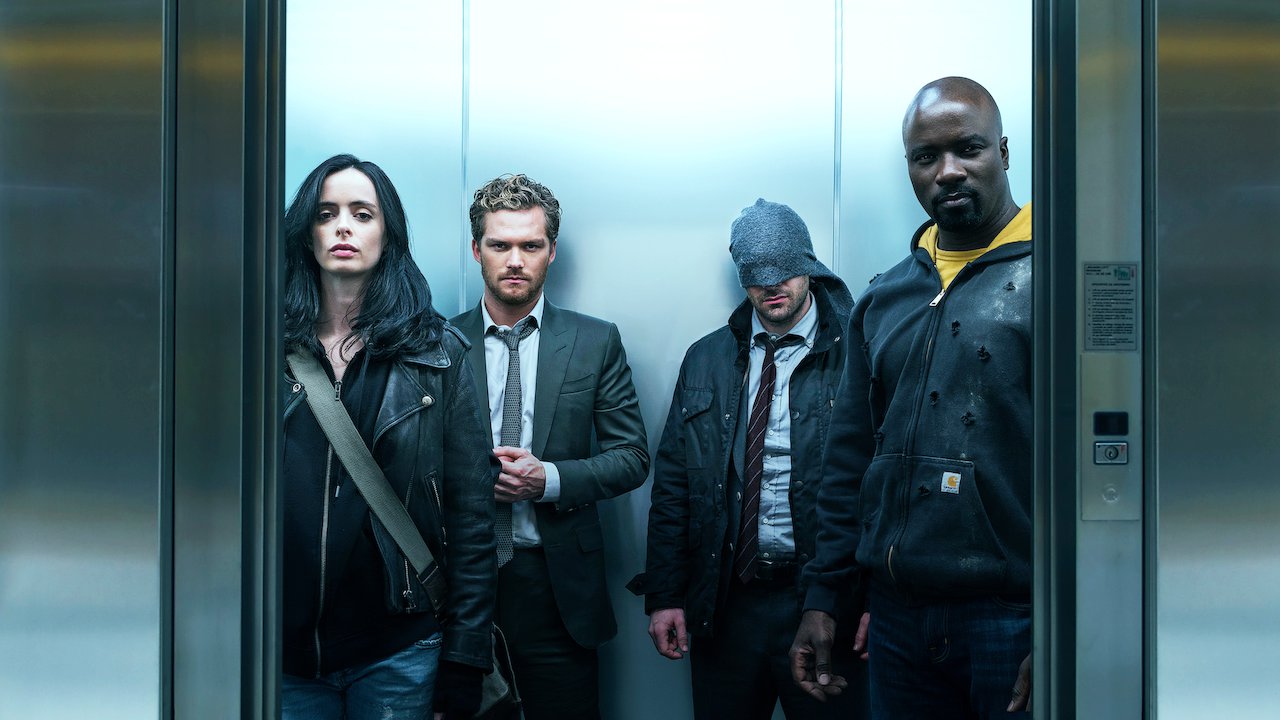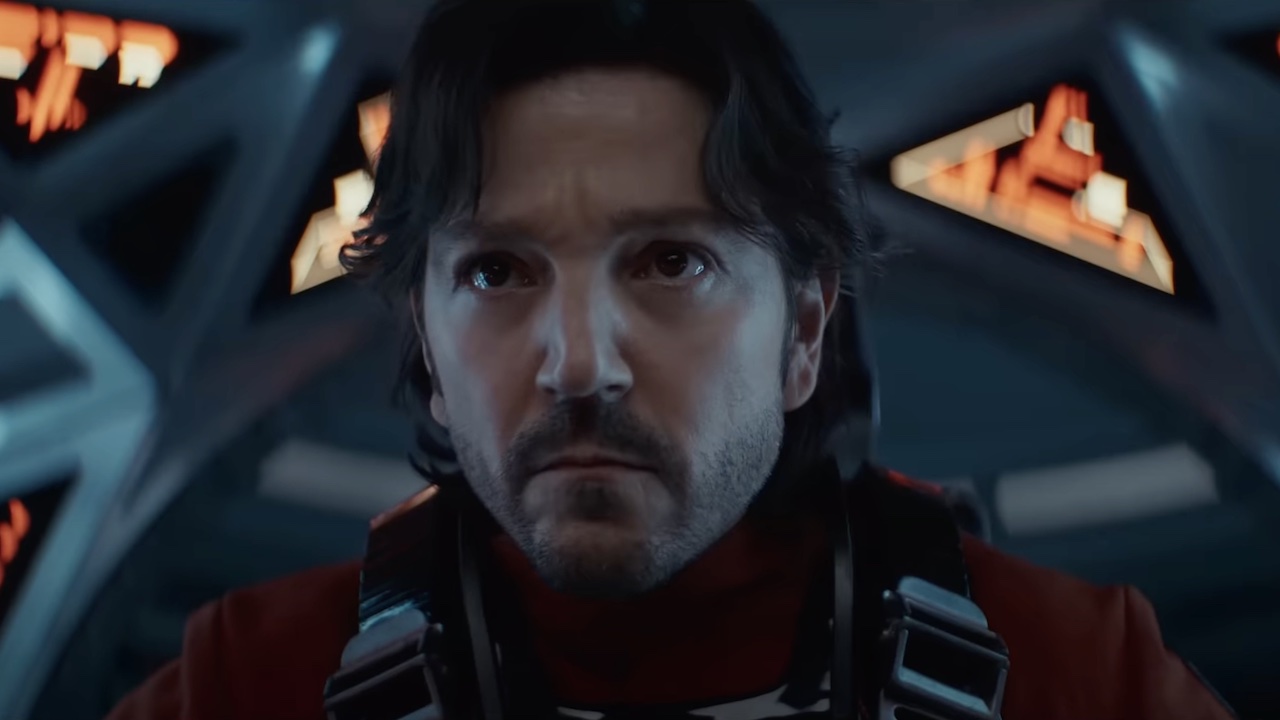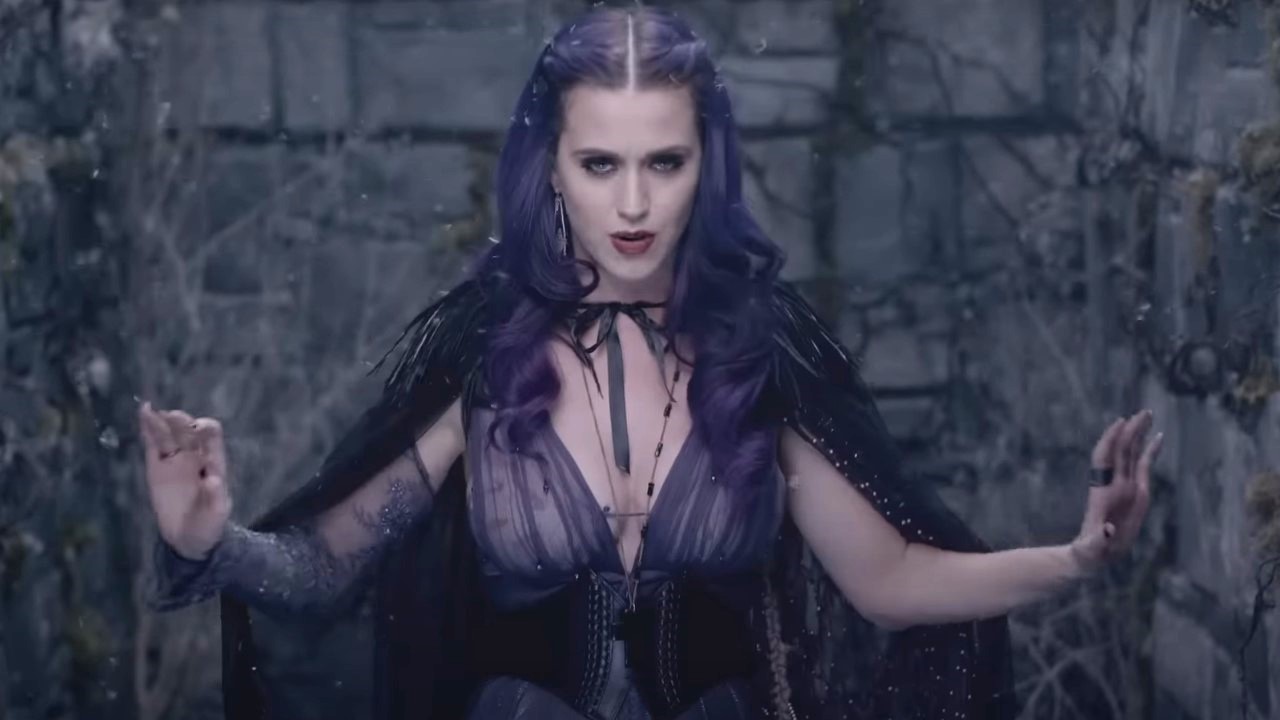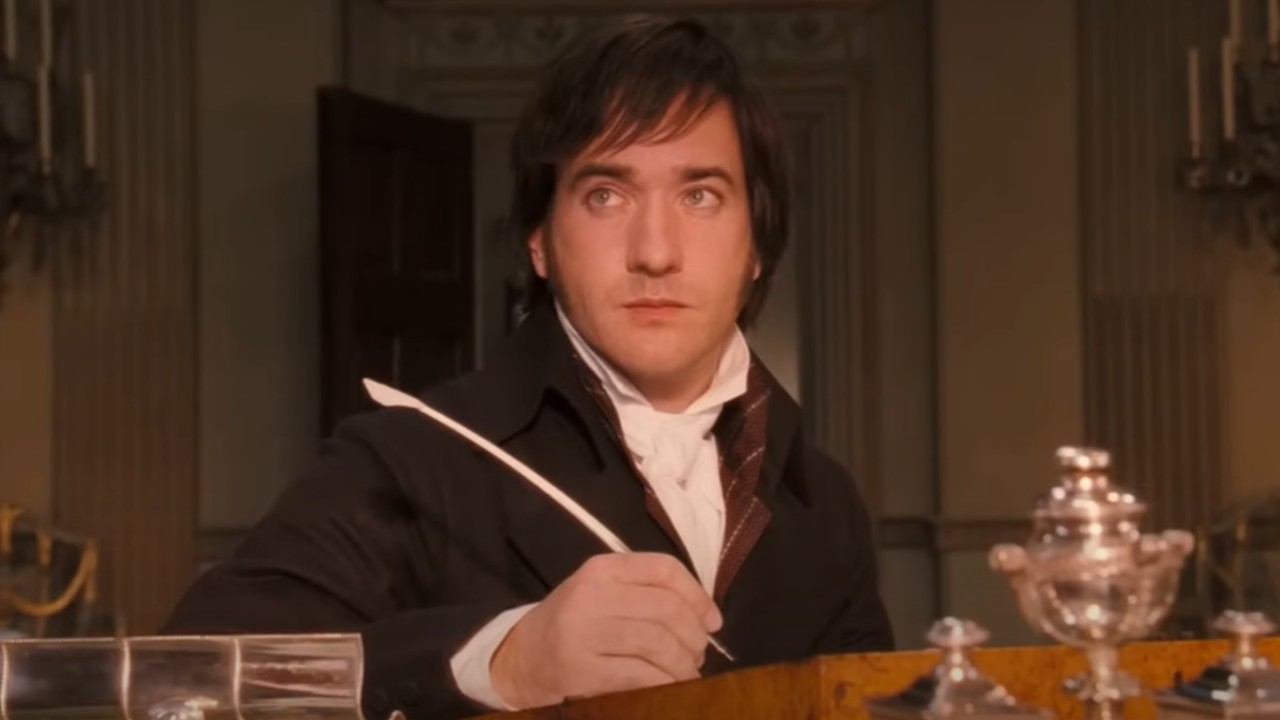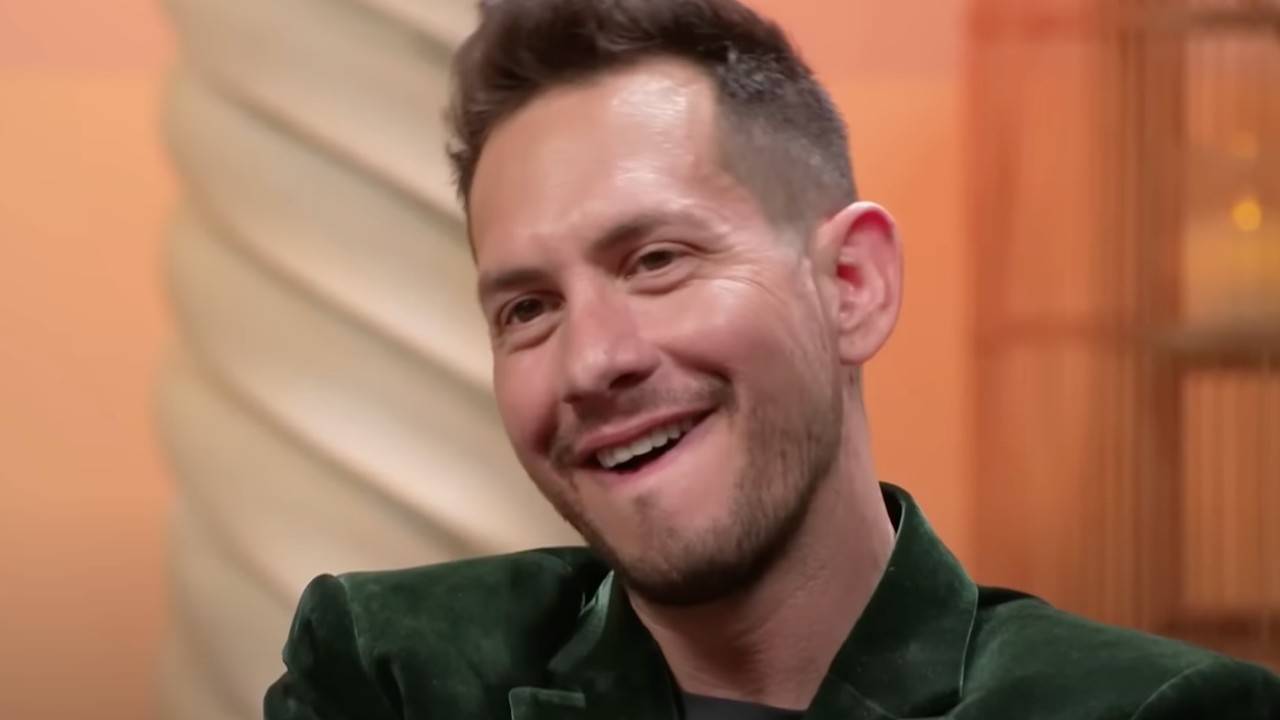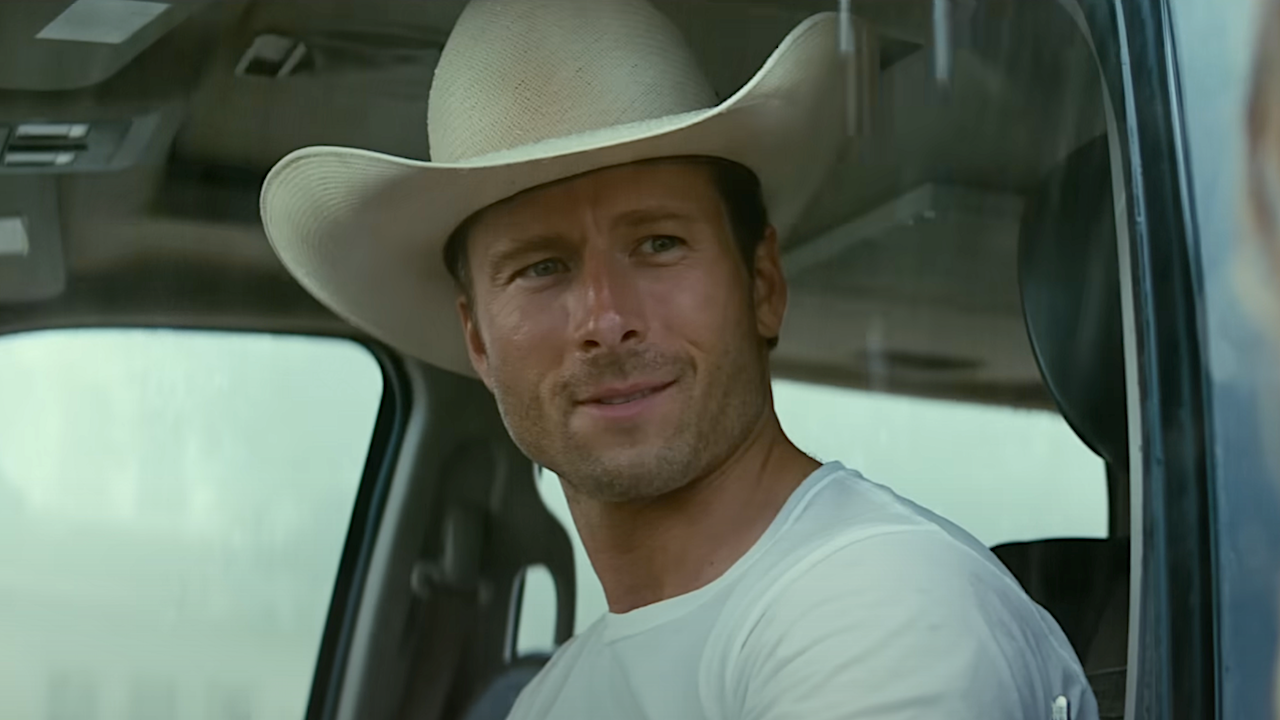127 Hours Is Not A Best Picture Also-Ran; It's The Year's Most Deeply Felt Film

[ed. note: Our ongoing series of Oscar Rants continues with Katey's take on 127 Hours. Watch for more Oscar Rants coming soon. Here's Katey…]
For a long time nobody was even certain that 127 Hours would be a Best Picture nominee. Distributor Fox Searchlight was putting a lot of focus on their other film Black Swan, which was a bigger critical and box office success, and 127 Hours seemed to be jockeying for a Best Picture slot right alongside movies like The Town, Winter's Bone and Blue Valentine, all of them with big pockets of critical support and substantial Oscar campaigns of their own.
But come nominations morning 127 Hours was in the top ten after all, making the second Danny Boyle film in a row that has been nominated for Best Picture, though this time it's virtually guaranteed not to win. With the likes of The Social Network and The King's Speech getting all the attention as they duke it out for Best Picture, and True Grit and Black Swan still forking in money at the box office, 127 Hours has slipped off into the background, unlikely to win any prizes or get much attention at all on Oscar night; even though its star James Franco is hosting the ceremony, he's as famous for the dozen other things he's done in the last year than the film for which he's earned his first Oscar nomination.
What's easy to forget as we pay attention to all the other nominees is that 127 Hours isn't just a critical hit-- 93% fresh on Rotten Tomatoes-- but it's a fair size box office hit success, earning $35 million worldwide on a pretty tiny budget. It's also one of the most passionately made and exhilarating of the Best Picture nominees, a love letter to human tenacity and the nature that can challenge us to do amazing things. Most of the praise for the film has been centered around James Franco's deeply felt and ridiculously charming performance, and it's true that the movie would have fallen apart under its own ambition had he not been able to command every scene. But Danny Boyle's energetic-- and, OK, sometimes busy-- filmmaking is what drives the movie, his camera an open invitation to the audience to immerse themselves and not just experience Aron Ralston's harrowing ordeal, but feel it.
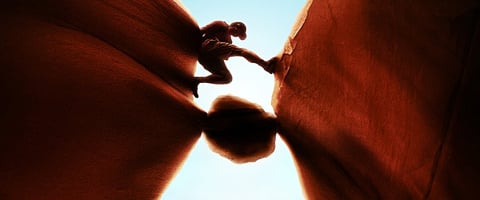
Take, for example, the infamous arm-cutting scene, presented with extreme close-ups on the wound and Franco's anguished face, an intense drumbeat of a score and sound effects that somehow capture exactly what you think a shattered nerve would sound like. It's an intense and visceral scene, but also a deeply emotional one thanks to the sequence that comes before it, as Aron hallucinates and imagines saying goodbye to both his loved ones and an imagined future son. Boyle knows that to elevate 127 Hours beyond its crazy gimmick-- watch James Franco cut off his arm!-- he has to sink the emotional hooks, and his headlong dive into genuine sentiment pays off, miraculously universalizing the experience of a man who put himself in the kind of danger the rest of us would never go near.
When I walked out of my first screening 127 Hours, I called my mom-- it's just that kind of movie. When I watched it with her on a screener DVD a few months later, she had to leave the room for the limb-sawing sequence, but was mesmerized, just as I was on the third time around, by the film's rich emotions and complete earnestness. Nobody but Danny Boyle could have made it, and it's a singular achievement that, while not as universally beloved or momentous as some of the other nominees, may have the greatest impact on its audience. It is, in other words, far more than an also-ran at the bottom of the Best Picture pack. Aron Ralston probably can't beat Mark Zuckerberg or King George VI for the top prize, but he's probably inspired more phone calls to moms than anyone else in the race.
[Watch for more Cinema Blend Oscar Rants coming later this week right here.]
CINEMABLEND NEWSLETTER
Your Daily Blend of Entertainment News
Staff Writer at CinemaBlend

